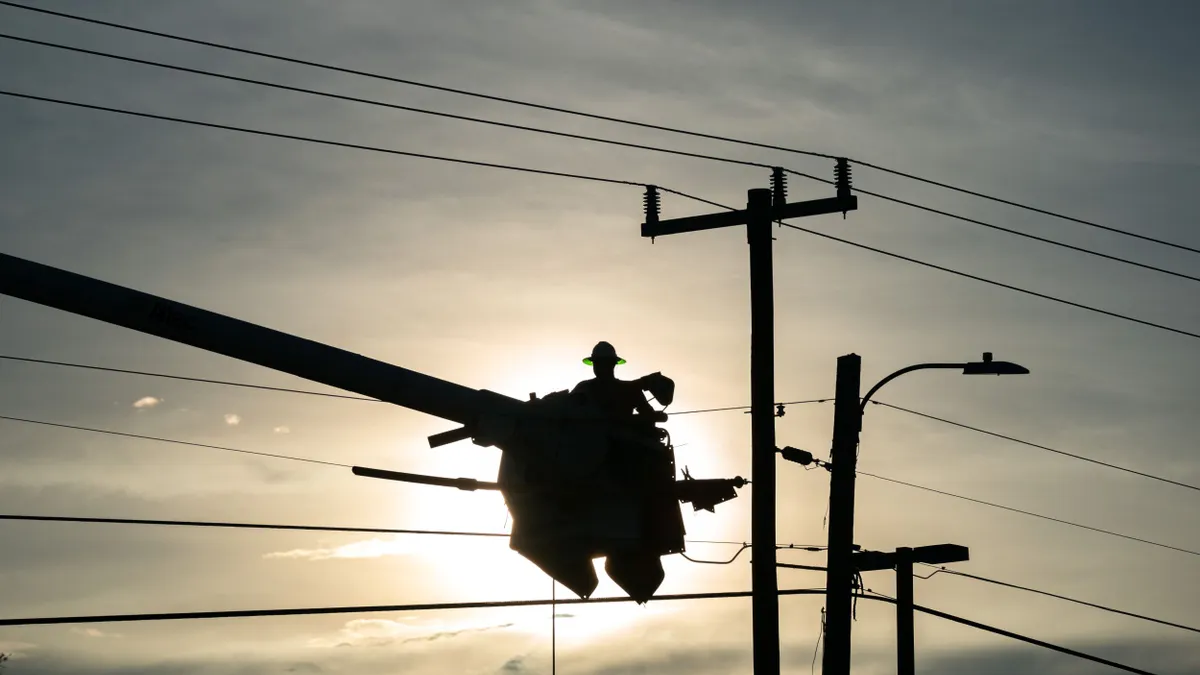Dive Brief:
- A bipartisan group of lawmakers serving on the Senate Intelligence Committee have proposed a unique solution to grid security threats, floating the idea of installing analog technology to thwart modern hackers.
- Led by Sen. Angus King (I-ME), the group of four lawmakers proposed establishing a two-year pilot program within the National Laboratories to study new devices, like analog solutions, which could help isolate critical systems from cyber-attacks.
- The concept arose from a cyberattack on the Ukraine power grid last year, which left about a quarter million people without power. The blackout would have been worse but for older technology installed on the country's grid.
Dive Insight:
A 21st century hacker can't bring down a 20th century power grid. That is—kind of—the logic behind a new proposal to guard the United States' electric system: That by installing more manual devices, sophisticated attacks can be thwarted.
“The United States is one of the most technologically-advanced countries in the world, which also means we’re one of the most technologically-vulnerable countries in the world," King said in a statement.
Grid security has been a growing concern in recent years, and King said a successful attack could have "catastrophic consequences.”
According to King's statement, the bill would examine ways to replace automated systems with manual procedures controlled by human operators, "to remove vulnerabilities that could allow cybercriminals to access the grid through holes in digital software systems." The measure means would-be attackers would need to "actually physically touch the equipment, thereby making cyberattacks much more difficult."
"Our legislation would reengineer the last-mile of the energy grid to isolate its most important systems, and in doing so, help defend it from a devastating blow that could cut off electricity to millions of people across the country," King said.
King was joined in introducing the legislation by Jim Risch (R-ID), Martin Heinrich (D-NM) and Susan Collins (R-ME).
Last year, Lloyds of London estimated a widespread attack on the U.S. power grid could lead to economic losses ranging from $243 billion up to $1 trillion.
In addition to the two-year National Laboratories pilot, the bill would establish a working group to develop a national cyber-informed strategy, with members coming from federal government agencies, the energy industry, a state or regional energy agency, the National Laboratories, and other groups. The proposal also requires the Secretary of Energy to report to Congress on the program's results, assess the feasibility of the considered techniques and and mapping out the results of the of the working groups' evaluation.
“Cybersecurity is one of the most serious economic and national security challenges we face as a nation," Heinrich said. "Protecting our nation from malicious cyber actors requires a comprehensive approach, and keeping our energy infrastructure secure is central to that.”











